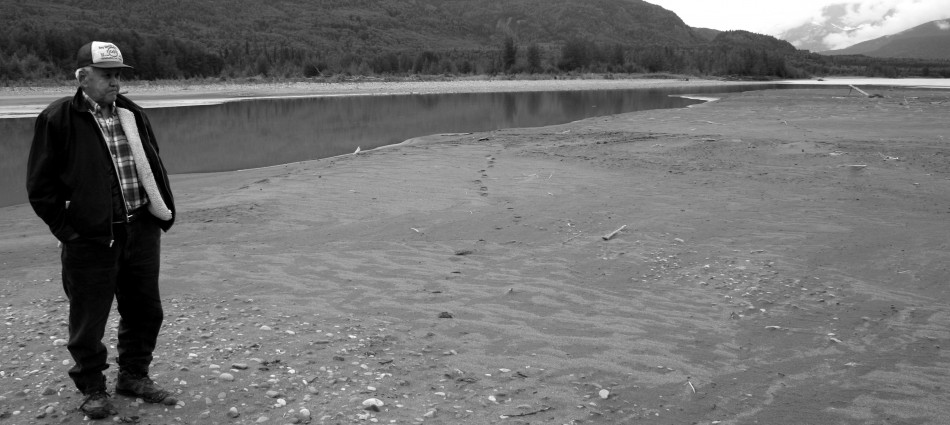The Speaking Earth Institute
Supporting the revitalization of indigenous knowledge around the world.

PROJECTS
These are some of the core, longer-term projects that individuals affiliated with the Speaking Earth Institute are currently working on.
Native Heritage Search. This project involves developing a traditional knowledge information management system and search engine to assist cultural heritage departments. The system works especially well with audio recordings and large oral history collections, and allows you to search this information based on criteria that are informed by traditional knowledge (e.g., traditional roles and responsibilities, ecological knowledge, practices, etc. as well as historical criterion that are unique to specific Peoples and/or areas). We are working with several native tribes in the U.S. and First Nations Governments of Canada to incorporate the system into their cultural heritage archives.
The Uponyaji-Healing Project. This project is dedicated to confronting the long-term impacts and consequences of the Rwandan Genocide among border communities of Rwanda and Tanzania by supporting and strengthening the role of Elders in their capacity as moral authorities and traditional teachers. It revolves around developing a network of Community Elders Councils, the members of whom work in close partnership with local and regional church officials to openly discuss with people – through a regular series of community forums – the longer-term impacts of social suffering and workable ways of addressing them. A component of the program also involves incorporating the lessons learned from these forums into local educational curriculum.
Namibia Oral History Project. Much of the history of Namibia relies on oral history and communication, particularly with respect to local and indigenous histories that challenge the written record of the German and South African colonial governments. Our work in Namibia involves assisting government officials to create one of the most extensive oral history collections in sub-Saharan Africa. The project will contribute directly to educational and heritage programming while having direct ramifications in other areas, such as historical land use activities and the consequences these could have for resettlement and repatriations efforts.
Tasmania Disability Lobby. The Tasmania Disability Lobby was recently established as a means of supporting Australia’s social reform proposal for a National Disability Insurance Scheme. It draws on social networking as a means of bringing together those who live with a disability, their families, caregivers, support workers, and the broader community, in order to share experiences, discuss and identify solutions, and educate and inform people about disability issues. Membership continues to grow beyond all expectations, and the lobby has garnered the attention of state government and media. Thus far, it has been instrumental towards prompting reviews of unfair and biased practices in the transportation sector and with respect to specific funding packages.